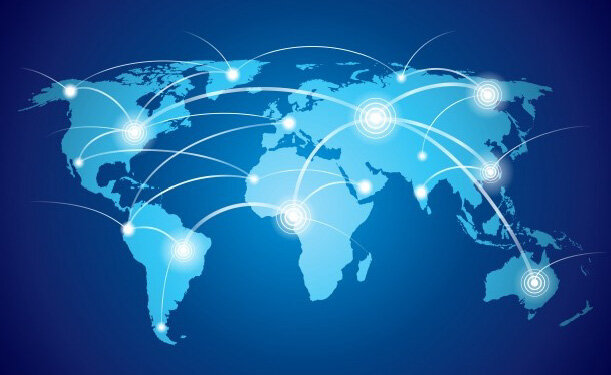Global Economic Initiatives and the Prospects for Peace
Written by: Emily Ekshian, WFWPI UN Office in NY
The Permanent Members of the United Nations Security Council, collectively known as the P5, are the five members of the 15 member body, which are permanent and have veto power. The P5 comprises China, France, Russia, the United Kingdom and the United States. The council’s 15 members regularly meet to assess threats to international security including civil wars, natural disasters, nuclear arms proliferation, and terrorism. Although the P5 focuses efforts on international social, political and security-oriented matters, the countries also exercise mass economic initiatives to help improve their domestic and international flow of trade, economic collaboration and globalization.
In 2013, China launched the Belt and Road Initiative (BRI) which is a network of roads, railways and maritime ports that are meant to connect and globalize the eastern hemisphere, spanning three continents, from Asia, Europe to Africa. Similar to the BRI, the Russian Strategy includes expanding pipelines extensions, bases, routes, energy and air defense. Moreover, the United States aims to engage in infrastructural investment in developing countries, most notably in Africa and Southeast Asia. With these investments follow labor outsourcing, where not only will the United States provide jobs in developing nations, but also expand their market internationally. The United Kingdom and France have similar economic development strategies, focusing their efforts on humanitarian assistance to war-stricken nations, such as Syria, Palestine and Armenia, to name a few. With foreign aid deliverance to these nations, the UK and France can then mandate control over specific sectors of the economy such as natural resources, as debt repayment. The P5 members alike, seek to influence the sectors they have a comparative advantage in while globalizing the region. The question that should be given consideration is whether these economic initiatives are aligned with the goals of international peace and security or do these initiatives have ulterior motives?
Dr. Hak Ja Han Moon, and her late husband, Dr. Rev. Sun Myung Moon, co-founders of Women's Federation for World Peace International, have also made efforts towards a more peaceful world by spearheading the Peace Road Initiative for an International Highway project. This highway project proposes a bridge and tunnel complex that would connect Russia and the United States via the Bering Strait, along with the building of a tunnel complex to connect Kyushu Island in Japan with Busan, Korea. The International Peace Highway has been publicly advocated for since 1981 and will inevitably create transnational lines of commerce and will stimulate the inter-ethnic exchange of culture and goods. But Dr. Moon and her husband’s true desire is not on physically connecting the world, but on creating means for peace and reconciliation among countries and their people. In this way, the International Peace Highway is an initiative that transcends race, politics, religion, social and economic divides, to focus on connecting the world together, in heart.
Although it is true that the process of constructing these trillion-dollar investment projects across nations requires state-to-state collaboration and necessitates an aspect of inherent peacebuilding and joint state efforts, if the reasons for economic expansions are to accumulate wealth, political or economic influence, can that really lead us to a peaceful world? In the end, what states value the most will be prioritized. Perhaps, we must ask the question, what do we value most? If it is peace, we must be ready to sacrifice our own individual gains for the benefit of the whole.


